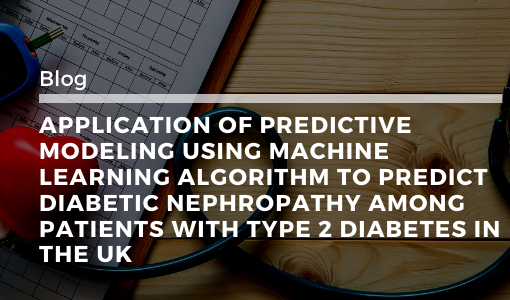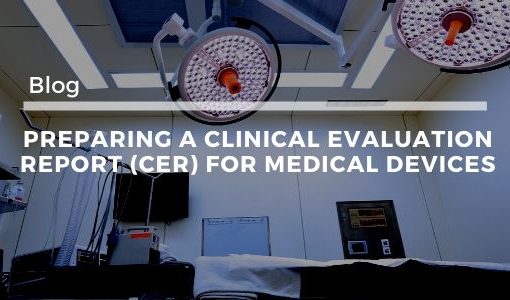Medical professionals have to keep up to date with the latest developments in the healthcare field and need to retrain themselves with the newest technologies in order to stay active and relevant in the current modern-day technology-driven environment. Thus, continuous medical training has become compulsory for medical specialists and healthcare professionals, considering that newer and newer medical technologies and treatment methodologies have been changing the healthcare profession in the recent decade.
Drawbacks of Traditional Medical Learning
Time constraint is the major limitation faced by many medical and healthcare professionals to actively participate in updating their subject knowledge and skills. As compared to any other professions, the medical profession is widely recognized as the one discipline where medical specialists spend more time for their chosen profession to provide round the clock healthcare to patients
The cost of establishing and maintaining physical training centres is another limitation for the healthcare professionals to update their knowledge and skills regularly
Importance of Apps in Medical Learning
Due to the exponential advancement of information and communication technologies in recent years, e-learning has gained considerable preference among the medical professionals. This is mainly due to the fact that it completely allows them to pursue their desired medical learning anywhere and anytime through computer and smartphones.
The use of mobile devices by professionals in the health care field has altered various aspects that were traditionally followed over the years in clinical practice. Mobile devices have become significantly common in health care settings, with more and more communications relating to patient care taking place easily through teleconferencing facilities. Due to the increased usage of smartphones by medical professionals, rapid growth has been witnessed in the development of medical software applications (apps).
Numerous apps have been developed by leading players specializing in healthcare mobile application field to provide assistance to these medical professionals with many vital tasks, such as
- Communication and time management
- Patient record maintenance and easy access
- Information gathering and dissemination
- Reference and cross consulting experts in other medical disciplines
- Patient care management and examination
- Clinical decision-making
- Following evidence-based treatments
- Pursuing continuous medical education and training
Mobile devices and apps offer considerable benefits to the healthcare specialists through increased access to e-learning modalities to keep abreast with the latest developments in patient care domain. Newer and advanced medical technologies and diagnostic support will facilitate them to take better clinical decision making thereby improving patient outcomes.
Although mobile apps in healthcare are still in the nascent stage, standard mobile apps are anticipated to garner wide usage from these professionals in their day-to-day clinical practice.






Comment here